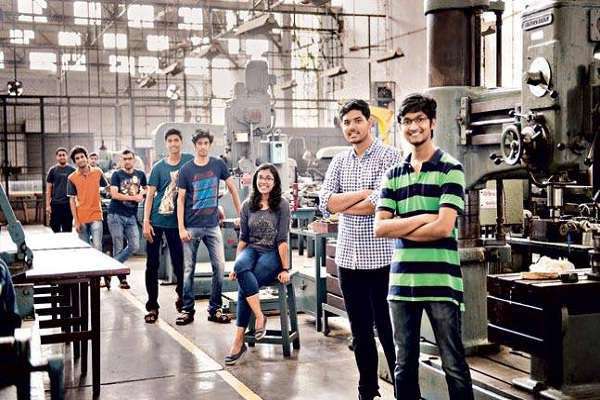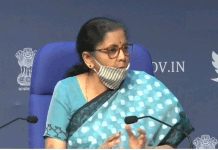The alumni from prestigious IITs and IIMs have always got more importance and credibility in the society as well as other industries. But at present, this unbridled respect is something that is harming the startup culture in the country, says a report by Quartz.

The ones who have not had the privilege to study in the top institutes of the country, feel that they have been treated in an unfair fashion.
Speaking to Quartz, Arpita Ganesh, the CEO of the online lingerie brand, Buttercups explained how hard it was to set up her company in the initial days in 2013. She said,
“Another lingerie startup founder with the same idea managed to raise millions with her BITS Pilani connections versus me, who had a good two to three years of experience in the field.”
Even a year ago, the startup scene in India was dominated by the graduates from the top-notch institutes. However, there are many who believe that an academic degree is not the right judge of mettle.
A path full of obstacles
It is important to note that while IIT-IIM alumnus gets attention and investment even as they are in the nascent stages, the ones belonging to other institutes that garner support are the ones who already have a successful track record.
This has eventually led to the formation of an exclusive club of sorts where merit often cowers down to big names.
Sujaya Banerjee, founder, and CEO of Capstone People Consulting, a management consulting firm, rightly points out that entrepreneurs who get recognition on account of their ideas and not because of their background are but few.
Also, there is the added problem of capital firms laying more value on the products of these top colleges since their top brass itself often comprises of such alumni.
Some investors do admit of their bias. They say that they are guilty of not screening the entire country to find out the best of the best but instead focus on the alma mater.
The bias is, however, not limited to investors. Students from second-tier colleges often are subjected to discrimination in their workplace by their employers – their ideas are not heard out and their IIT-IIM counterparts are given more importance.
An idea can come from anywhere and restricting that space to just IITians and IIM alumni is definitely not a good idea. It is important to remember that India’s largest e-payments platform, Paytm, was founded by Vijay Shekhar Sharma, a product of the lesser-known Delhi Technological University.
The flip side of the coin
However, graduates of top-run colleges, who turn successful entrepreneurs, believe their education deserves some credit. The exceptionally high acceptance rates into these institutes ensure that the students are top-notch.
“These colleges have a self-selection bias. It’s a fact that it’s tougher to get into a top IIT or IIM than most leading international colleges,”
said Deep Kalra, co-founder and global CEO of online travel bookings site MakeMyTrip. Kalra is an alumnus of IIM Ahmedabad.
Along with their rigorous academic environment, students also benefit from strong alumni networks of influential investors and industry veterans. So it’s often easier for these aspiring entrepreneurs to get access to funding and mentorship. But one also needs to accept that meetings with investors do not necessarily mean funding. Investors often back out when they see that product is not drawing enough traction or revenue.
It’s not all seamy out there
The situation is not all sad. There are some who see merit in products of smaller institutes.They feel that hardships faced by the alumni of colleges with lower profiles prepare them for the hardships ahead on the road of entrepreneurship.
“Entrepreneurship is also about art, about imagination, and intuition,”
said Venkatesh Iyer, founder, and CEO of the Mumbai-based fast-food chain, Goli Vada Pav. He studied at Mumbai’s Mulund College of Commerce and today runs over 300 stores across 100 Indian cities.
Also Read: Online Grocery Store Grofers Gets Backed By SoftBank, Tiger To Raise 400 Crore In New Funding.









